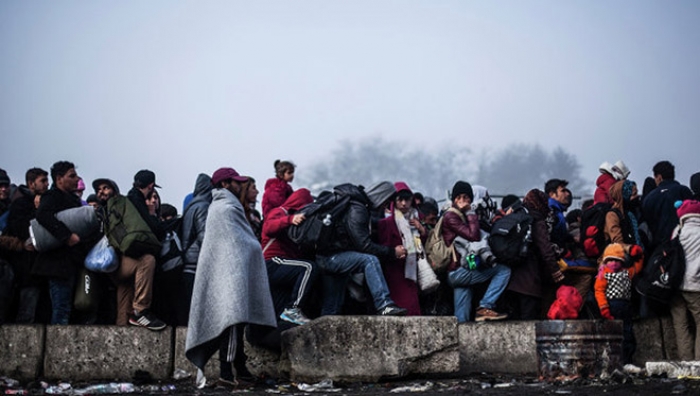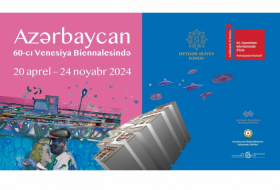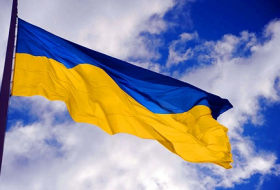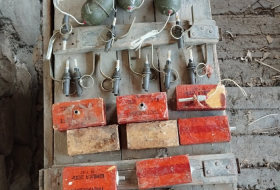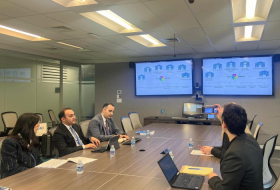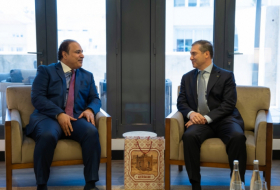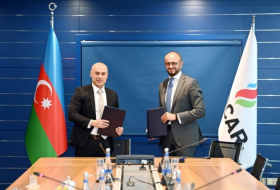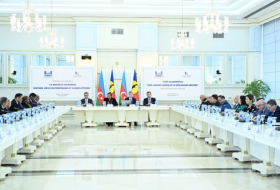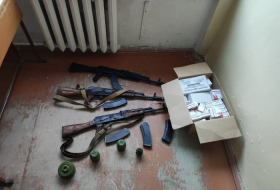by Aditi Hazra
Last month, for World Refugee Day, the United Nations Refugee Agency (UNHCR) launched its Every Action Counts campaign, to emphasize that all contributions to creating a more just and inclusive world make a difference. Everyone, including refugees, can have a powerful impact on society. But as we celebrate refugees’ courage and contributions – including in the fight for racial justice and on the front lines of the COVID-19 pandemic – we should also recognize the challenges they face and offer them the protections they deserve.
Consider, for example, that the most effective interventions to protect against COVID-19 – frequent hand washing, adherence to social-distancing guidelines, and wearing a mask – often are unavailable to refugees. Many of the world’s 79.5 million forcibly displaced individuals – 1% of humanity – lack access to clean water or soap, let alone health care. They often live in cramped tents in overcrowded camps. An entire family may share a single mask.
This puts refugees at heightened risk of contracting – and dying from – the virus. In one hotel in southern Greece, 148 asylum seekers tested positive for COVID-19. In Singapore, 93% of COVID-19 cases occurred in dorms housing migrant workers. In Bangladesh, where refugee camps are full of Rohingya – an estimated 730,000 have fled neighboring Myanmar’s brutal military crackdown since 2017 – a single COVID-19 patient could lead to 2,040-2,090 deaths. The risks are compounded by natural disasters like Cyclone Amphan, which struck Bangladesh (and eastern India) in May.
Even outside such camps, refugees face a higher risk of infection. For starters, they are disproportionately represented in the “essential” jobs that have kept societies and economies functioning during the pandemic. According to the latest data from the American Community Survey, more than 15% of all refugees in the United States work in the health-care sector. Refugee workers are also critical to the functioning of America’s food supply chain, with tens of thousands working in processing plants, grocery stores, and restaurants.
Many of these workers lack adequate protections while on the job. In the US, meat processing facilities – already dangerous places to work – have become COVID-19 hotspots, not least because high output targets impede basic protective behaviors, like physical distancing and even covering up sneezes and coughs.
Furthermore, these “essential” jobs are often low-paid and do not include critical benefits, such as health care and paid sick leave. Though refugees contribute billions of dollars each year to the US economy, they are more likely to experience poverty and hunger than locals, and to skip expensive medications for preexisting conditions that compound the risks of COVID-19.
Refugees may also struggle to access testing, particularly in refugee camps and fragile states. But it is also true in the US: although testing is ostensibly free, refugees and people of color are less likely to be referred for it. A key reason is the new “public charge rule,” under which immigrants who have used (or seem likely to use) public benefits have their visa applications rejected.
There is no excuse to limit access to COVID-19 tests. They can be the difference between life and death not only for recipients, but also for anyone with whom they come in contact. And tests need not even be expensive: The Mass General Brigham Center for COVID-19 Innovation Direct-to-Consumer Working Group, with which I am volunteering, has positively evaluated low-cost, rapid COVID-19 tests.
COVID-19 may disproportionately affect the poor and marginalized, but that does not mean that everyone else is safe. On the contrary, the only way to address the pandemic effectively is to ensure that everyone – rich or poor, refugee or local – is protected. The health of each depends on the health of all.
That is why local and national governments must incorporate refugees into pandemic-response plans, as the UNHCR and the World Health Organization have, by guaranteeing access to masks, hand sanitizer, testing, tracing, treatment, and ultimately, a vaccine. Portugal has exemplified adaptive leadership and pioneered such an inclusive approach, temporarily giving all migrants and asylum seekers with pending applications access to the health-care system.
But ending the COVID-19 crisis requires a safe, effective, and widely distributed vaccine. To accelerate progress, countries should share vital information, recognizing that multiple efforts may result in more precise protection (such as for the elderly). To ensure that the result is safe for all, pharmaceutical companies should design ethnically inclusive clinical trials – already being carried out for 18 vaccine candidates – and collect and share data on race and ethnicity. And, to guarantee inclusive delivery, countries should include refugees in vaccination programs.
There are promising developments on this front. Gavi, the Vaccine Alliance, together with funding for procurement from the Coalition for Epidemic Preparedness Innovations, has created the COVID-19 Vaccine Global Access (COVAX) Facility, which will provide market-wide guarantees in order to accelerate manufacture and ensure equitable, need-based distribution.
Furthermore, major companies like Johnson & Johnson and AstraZeneca have affirmed their commitment to equitable vaccine access. Other influential organizations – such as the Advisory Committee on Immunization Practices, part of the US Centers for Disease Control and Prevention – should do the same.
To build a better world, every action counts. When it comes to ending the COVID-19 pandemic, those actions must include a broad global commitment to ensuring that all people – including refugees – are protected.
Aditi Hazra, an assistant professor of medicine at Harvard Medical School and Brigham and Women’s Hospital, is the founder of PinkSari (for global breast cancer prevention), a former EMT, and student director of the H.O.M.E.S. Clinic for the homeless.
Read the original article on project-syndicate.org.
More about: COVID-19








